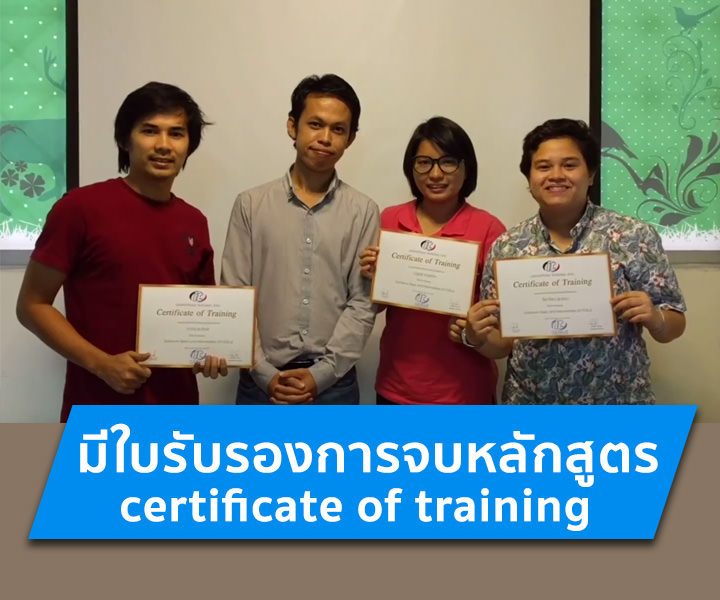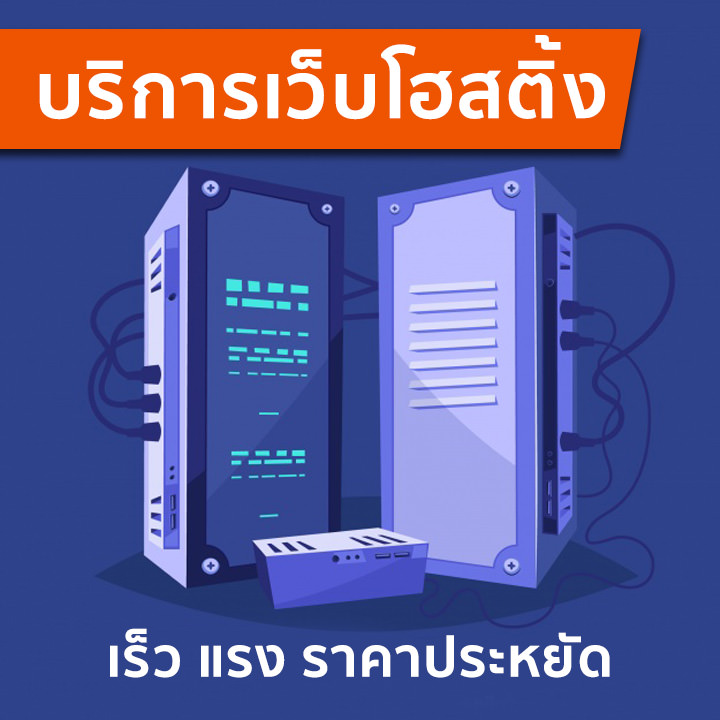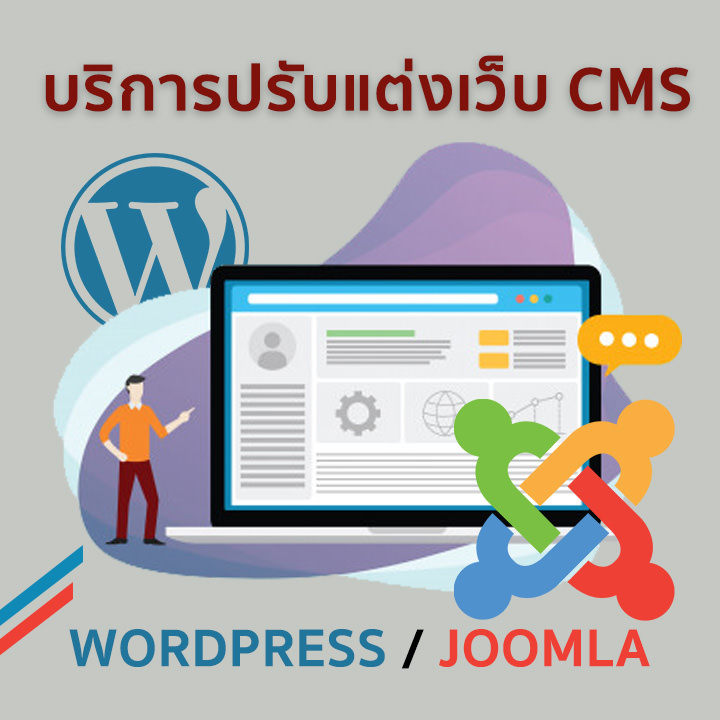Developing Data Access Solutions with Microsoft Visual Studio 2010
รายละเอียด Course ID: adc-03-19
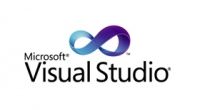
Experienced developers who know the basics of data access (CRUD) in Windows client and Web application environments will learn to optimize their designs and develop better performing data access code by using the ADO.NET Entity Framework, and ADO.NET.
รอบการเปิดอบรม
วิดีโอแนะนำคอร์ส
ไฟล์รายละเอียดคอร์ส
- Developing Data Access Solutions with Microsoft Visual Studio 2010 (Course outline PDF)
- โปรไฟล์ของบริษัทไอทีจีเนียส เอ็นจิเนียริ่ง (โปรไฟล์ไอทีจีเนียส PDF)
วัตถุประสงค์
- สามารถใช้งาน Developing Data Access Solutions with Microsoft Visual Studio 2010 ได้อย่างถูกต้อง
- เข้าใจเครื่องมือพื้นฐานของ Developing Data Access Solutions with Microsoft Visual Studio 2010 สำหรับการเริ่มต้นพัฒนาแอพลิเคชั่นและเน็ตเวิร์ก
กลุ่มเป้าหมาย
Before attending this course, students must have:
- An understanding of the problem-solving techniques that apply to software development, including the following principles of software development:
- Modern software development models
- Typical phases of a software development lifecycle
- Concepts of event-driven programming
- Concepts of object-oriented programming
- Creating use-case diagrams
- Designing and building a user interface
- Developing a structured application
- A basic understanding of the following scripting techniques and some hands-on experience writing scripts:
- Web scripting techniques
- Macro scripting techniques
- Windows scripting techniques
- A general understanding of the purpose, function, and features of following .NET Framework topics:
- Common Language Runtime
- NET Framework class library
- Common Type System
- Component interoperation
- Cross-language interoperability
- Assemblies in the Common Language Runtime
- Application domains
- Runtime hosts supported by the .NET Framework
- Experience using Visual Studio 2008 in the following task areas:
- Declaring and initializing typed variables using the Camel case naming convention
- Using arithmetic, relational, and logical operators in code statements
- Using branching statements to control code execution
- Using looping statements to iterate through collections or repeat steps until a specified condition is met
- Creating classes and methods to establish the basic structure of an application
- Using methods and events to implement the programming logic of an application
Identifying syntax and logic errors
ความรู้พื้นฐาน
- ความเข้าใจงานเขียนโปรแกรมมิ่งพื้นฐานมาก่อน (ถ้าไม่มีก็จะมีการปรับพื้นให้)
- มีความรู้ความเข้าใจเรื่องการติดตั้ง/ถอนการติดตั้ง โปรแกรมพื้นฐาน
- มีความรู้ในการใช้อินเตอร์เน็ตและเครือข่ายพื้นฐาน
- ใช้งานอินเตอร์เน็ตและระบบปฏิบัติการวินโดว์ได้
ระยะเวลาในการอบรม
- 18 ชั่วโมง
ราคาคอร์สอบรม
- ราคาปกติ 9,500 บาท / คน
- โปรโมชั่นลด 10% เหลือ 8,550 บาท / คน
- ราคาเหมาจ่าย (ผู้อบรมตั้งแต่ 10 คน) ตามแต่ตกลงกัน
- ขอใบเสนอราคา
วิทยากรผู้สอน
คอร์สที่ควรอบรมก่อนหน้า
เนื้อหาการอบรม
Lesson 1: Architecture and Data Access Technologies
- Data Access Technologies
- Data Access Scenarios
- Lab : Analyzing Data Access
- Scenarios
Lesson 2: Building Entity Data Models
- Introduction to Entity Data Models
- Modifying the Entity Data Model
- Customizing the Entity Data Model
- Lab : Using Entity Data Models
Lesson 3: Querying Entity Data
- Retrieving Data by Using LINQ to Entities
- Retrieving Data by Using Entity SQL
- Retrieving Data by Using EntityClient
- Provider
- Retrieving Data by Using Stored
- Procedures
- Unit Testing Your Data Access Code
- Lab : Querying Entity Data
Lesson 4: Creating, Updating, and Deleting Entity Data
- Understanding Change Tracking in the Entity Framework
- Modifying Data in an Entity Data
- Model
- Lab : Creating, Updating, and Deleting
- Entity Data
Lesson 5: Handling Multi-User Scenarios by Using Object Services
- Handling Concurrency in the Entity Framework
- Transactional Support in the Entity Framework
- Lab : Handling Multi-User Scenarios
- by Using Object Services
Lesson 6: Building Optimized Solutions by Using Object Services
- The Stages of Query Execution
- Change Tracking and Object Materialization Using Compiled Queries
- Using Design-Time Generated Entity Framework Views Monitoring Performance
- Performing Asynchronous Data Modifications
- Lab : Building Optimized Solutions by Using Object Services
Lesson 7: Customizing Entities and Building Custom Entity Classes
- Overriding Generated Classes
- Using Templates to Customize Entities
- Creating and Using Custom Entity Classes
- Lab : Customizing Entities and
- Building Custom Entity Classes
Lesson 8: Using POCO Classes with the Entity Framework
- Requirements for POCO Classes
- POCO Classes and Lazy Loading
- POCO Classes and Change Tracking
- Extending Entity Types
- Lab : Using POCO Classes with the Entity Framework
Lesson 9: Building an N-Tier Solution by Using the Entity Framework
- Designing an N-Tier Solution
- Defining Operations and
- Implementing Data Transport Structures
- Protecting Data and Operations
- Lab : Building an N-Tier Solution by Using the Entity Framework
Lesson 10: Handling Updates in an N-Tier Solution by Using the Entity Framework
- Tracking Entities and Persisting Changes
- Managing Exceptions in an N-Tier Solution
- Lab:Handling Updates in an N-Tier Solution by Using the Entity Framework
Lesson 11: Building Occasionally Connected Solutions
- Offline Data Caching by Using XML
- Using the Sync Framework
- Lab : Building Occasionally
- Connected Solutions
Lesson 12: Querying Data by Using WCF Data Services
- Introduction to WCF Data Services
- Creating a WCF Data Service
- Consuming a WCF Data Service
- Protecting Data and Operations in a WCF Data Service
- Lab : Creating and Using WCF
- Data Services
Lesson 13: Updating Data by Using WCF Data Services
- Creating, Updating, and Deleting Data in a WCF Data Service
- Preventing Unauthorized Updates and Improving Performance
- Using WCF Data Services with Nonrelational Data
- Lab : Updating Data by Using WCF Data Services
Lesson 14: Using ADO.NET
- Retrieving and Modifying Data by Using ADO.NET Commands
- Retrieving and Modifying Data by Using DataSets
- Managing Transactions and Concurrency in Multiuser
- Scenarios
- Lab : Using ADO.NET
Lesson 15: Using LINQ to SQL
- Implementing a Logical Data
- Model by Using LINQ to SQL
- Managing Performance and
- Handling Concurrency
- Lab : Using LINQ to SQL


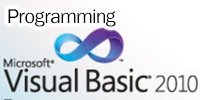 Visual Basic 2010 Programming
Visual Basic 2010 Programming



